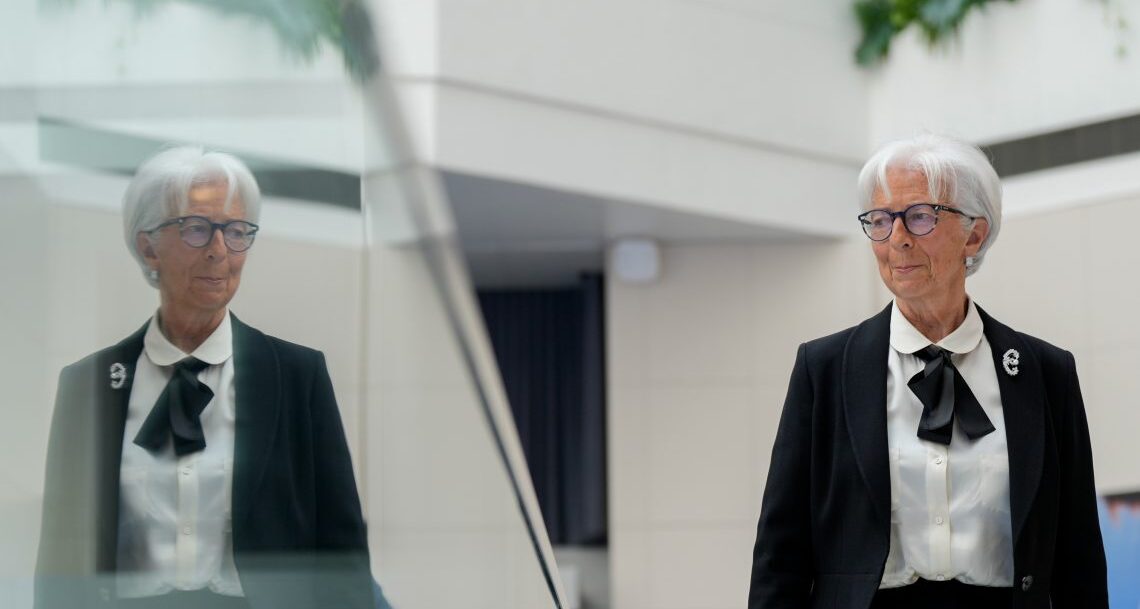A ‘global stocktake’ and strategic agendas at COP30
The 30th session of the Conference of the Parties to the United Nations Framework Convention on Climate Change (COP30) will be held this November in Belem, Brazil. The global climate summit will review progress and possibly intensify efforts to address climate change. While the detailed agenda has not yet been released, three issues are likely to take center stage.
One of them concerns financial transfers to low-income countries. Many states will continue to insist on receiving compensation from high-income countries. According to the current narrative, the “rich” are deemed guilty for climate change and its consequences, and should therefore cover the costs. This implies wealthy nations have a moral obligation to support those with fewer resources to manage the effects of a changing climate. The sums involved are significant: Although at COP29 in November 2024, it was agreed that climate-related transfers to developing countries should amount to $300 billion per year, developing countries are asking for $1.3 trillion.
A second issue likely to be in the spotlight is the appropriate balance between the efforts to fight climate change and those aimed at adapting to it. This follows the fundamental change of perspective that took place at COP28 in December 2023. Before then, most policymakers and international agencies had successfully persuaded the public that climate change was harmful, predominantly caused by human activity, and that ambitious, costly plans were necessary to prevent environmental collapse. It is now apparent that the consensus has shifted, and COP30 organizers cannot ignore the new reality. Their focus has turned to the longstanding “Global Goal on Adaptation” and the newer “Global Stocktake,” which aims to evaluate progress and assess the most effective mix between mitigation and adaptation.
A third, less publicized – but perhaps most important – issue is how to achieve coordinated global action. In early 2025, the United States withdrew from COP and announced plans to exit the Paris Agreement in January 2026. By the end of May 2025, only 21 countries out of 198 had upheld their commitment to deliver updated plans on how to meet the target set by the Paris Agreement (a 1.5-degree limit to global warming). On the other hand, China did not attend COP29, but will likely attend COP30.
What to expect from COP30
Will COP30 differ significantly from previous meetings? To answer this, it is helpful to consider two key variables – content and power politics – and how their interaction may shape the outcomes.
Consider first the question of content. There is a broad consensus that human activity contributes to global warming, and that over longer timescales climate change also occurs from natural causes. However, experts continue to debate the extent of human influence in both the short and long term, and it remains difficult to assess the actual net damages (that is, damages minus potential benefits) associated with global warming.
Quantifying the net damages provoked by human activities is even more daunting. For example, some indicators suggest that net damages have decreased in recent decades, and that in some areas the benefits exceed the damages. Meanwhile, international agencies have devoted relatively little effort to quantifying and discussing the potential benefits of adjustment.
This should come as no surprise. It is difficult to quantify damage, since value is subjective and differs from market prices. The cost of adjustment also depends on technological change, which is hard to predict.
Another hurdle is that effective adaptation requires entrepreneurial initiative and innovation, but bureaucratic systems are typically risk-averse and poorly suited to fostering flexibility. Legislators pursue short-run objectives and do not win elections by promising unknown future benefits. Last and perhaps most importantly, policymakers and public opinion do not like free markets. Yet, successful adjustment cannot take place in the absence of a price system that discourages waste and directs efforts and resources toward meeting people’s preferences.
A meeting promoted and organized by international bureaucrats – and attended by politicians advised by national bureaucrats – will probably end up expanding the list of targets and recommendations, rather than recommending free-market solutions. Spontaneous adjustment driven by the price system and the principle of individual responsibility, where good decisions are rewarded by profits and bad decisions are punished by losses, will not be on the agenda. Sharp policy shifts require careful groundwork through local initiatives and informal bilateral meetings. There is no indication that such preparations have taken place.
There are also major political stumbling blocks. It is virtually impossible to implement global policies without the backing of all major actors. The lack of such support is, in fact, the central problem facing current initiatives to combat climate change. For example, climate change is not a priority for either China or the U.S., and Russia’s commitment is also uncertain.
Although many rejoice at the recent Chinese interest in COP30, its motives may be more strategic than environmental. With the U.S. absent, Beijing may see an opportunity to cast itself as the defender of the poor against the “greedy West” and advocate for large financial transfers to developing countries. Brazil, as the host of COP30, would likely support this positioning.
In a similar vein, China may also want to promote overambitious climate agendas to ensure that its economic competitors engage in further regulatory efforts at the expense of growth and technological progress. Beijing will want to ensure that its representatives occupy important positions in any new regulatory and monitoring bodies. The selection of appropriate targets and indicators is crucial, not only for countries that intend to use them as policy tools, but also for those tempted to present the data in a biased way.
COP30 is therefore unlikely to focus primarily on climate change itself. Rather, it will serve as a platform for advancing geopolitical positioning, influencing the distribution of financial resources and steering regulatory efforts in strategically favorable directions.
Scenarios
Unlikely: Shift from climate change mitigation to adjustment
A rather unlikely scenario is that strategies based on adjustment to climate change would replace regulatory efforts to fight global warming. Yet today’s legislators are neither inclined nor prepared to pursue drastic shifts without long-term groundwork and, in most cases, they show little interest in doing so at all. Moreover, adjustment would rule out coordinated global policies. International bureaucrats would not be pleased.
Also unlikely: COP30 results in binding commitments
In a second scenario, COP30 would lead to clearly identified objectives within non-negotiable time limits. This is possible but requires two components that do not currently seem within reach: a credible plan detailing financial transfers from rich to poor nations, and effective enforcement mechanisms.
In particular, the absence of the U.S. from COP30 shows that the American administration is unwilling to be part of any binding agreement. Unease about climate policies and regulation is also growing in several European countries, and the European Commission is too weak to challenge public opinion by introducing new taxes and additional restrictions across most industries.
Most likely: Climate change becomes a cover for other agendas
The third and most likely scenario is one in which climate change continues to serve as a pretext for advancing other agendas. The “global stocktake” will offer a convenient tool for legislators to satisfy bureaucrats, sidestep real decisions and obscure growing disagreements among member countries. Meanwhile, powerful states will use the process to expand their geopolitical influence.
What will matter most are the scale of financial transfers, the strategic use of loopholes and exemptions by powerful countries with global ambitions and the continued expansion of bureaucratic authority for the rest.
This report was originally published here: https://www.gisreportsonline.com/r/cop30-agenda/
































